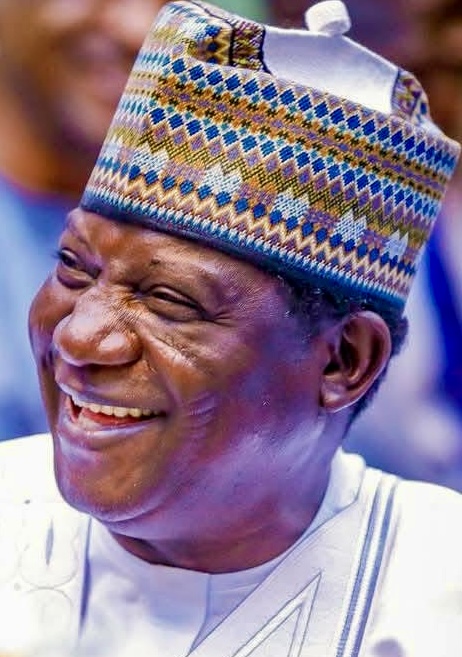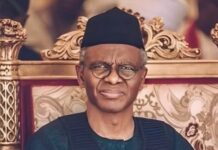Lalong
By Linus Longodo
I took the time to read your article titled “Evil One: Lalong or I?” and found it to be a mix of grievances and self-justification rather than a reasoned critique of Rt. Hon. Simon Bako Lalong’s administration.
Your response to the Rescue Monitoring Team’s piece seems to stem from a deeper yearning for recognition and validation rather than from a purely patriotic obligation to expose wrongdoing.
It’s worth asking: why do you seem so fixated on Lalong, and what real principles guide your apparent crusade?
You lament, “the war has begun,” but the question arises: who are you to declare war against a person you once sought recognition and favor from?
If you truly believe in your cause, which is exposing Lalong’s alleged misdeeds, why would you frame it in terms of combat?
Shouldn’t civic engagement be rooted in dialogue, reasoned argument, and evidence, rather than threats of war and character witch hunts?
You claim your paper has been a voice for the opposition since 2011 while stating you sought to be fair to both the government and the opposition.
However, it seems your actions reflect a more opportunistic positioning rather than genuine impartiality.
You have essentially shifted allegiance based on patronage rather than principle.
When the former Governor Jonah Jang administration didn’t patronize your publications, you pivoted to support Lalong, perhaps not out of trust or respect, but as a means to secure financial gain.
When Lalong continued this trajectory by not utilizing your services, it appears you have reverted to your role as an adversary rather than reflecting on the nature of your professional relationships.
Your depiction of events surrounding the media’s welcoming of President Buhari smacks of self-aggrandizement.
You approached Alex Kwapnoe to sell your idea, not Lalong directly, yet you expect the governor to compensate you for using your paper as a vehicle for political goodwill.
This raises the question: did you genuinely hope to aid Lalong or were you simply seeking to promote your own interests by leveraging political events for your business advantage?
Your claims of promoting unity while simultaneously casting Lalong as a villain come across as hypocritical.
The anecdote about attempting to secure recognition by asking members of the Plateau Publishers Association to congratulate Lalong on his birthday further illustrates your self-interested motives.
Rather than extending goodwill solely for the sake of goodwill, it seems you were instead attempting to curry favor; not very much unlike the very behavior you seem to criticize in Lalong.
Your insistence on sponsorship, recognition, and compensation makes it cheeky of you to cast Lalong in a negative light for similar practices.
The situation regarding the award for Lalong is equally perplexing.
You claim this award was to recognize his peace efforts, yet you fail to clarify how it serves the purpose of genuine acknowledgment while simultaneously seeking political gain.
Your struggles with your Exco’s members seem to stem more from personal vendettas and ego clashes than an earnest pursuit of better governance or media integrity.
When you claim that as a result of your good deeds (like bestowing the award), you should have earned favor or status, aren’t you merely trying to bargain for recognition rather than pursuing a commitment to excellence in journalism or service?
The most disappointing part of your story is your acceptance of the Special Assistant position.
So you held this position for about three years, drawing a salary and seemingly benefiting from your close proximity to power, only to pivot to opposition once you felt overlooked or disrespected.
It begs the question: how can you sincerely denounce Lalong when you willingly entered into this administration and benefited from it?
Do you not think that accepting a position within a government you now criticize speaks volumes about your integrity and motives?
Your account does not present a convincing case against Lalong. Instead, it is a narrative steeped in disappointment and personal grievance.
If your heart truly lies in the betterment of Plateau State, it would be prudent to reflect on your own role and responsibilities rather than portray the situation as a textbook case of victimization.
Civic duty involves more than just vocal protests, it requires a commitment to truth and integrity, which often means examining one’s own actions as much as those of others.
I advise you to reconsider your approach.
Rather than engaging in a counterproductive battle with Lalong, why not focus on constructive dialogue that can drive positive change in Plateau?







